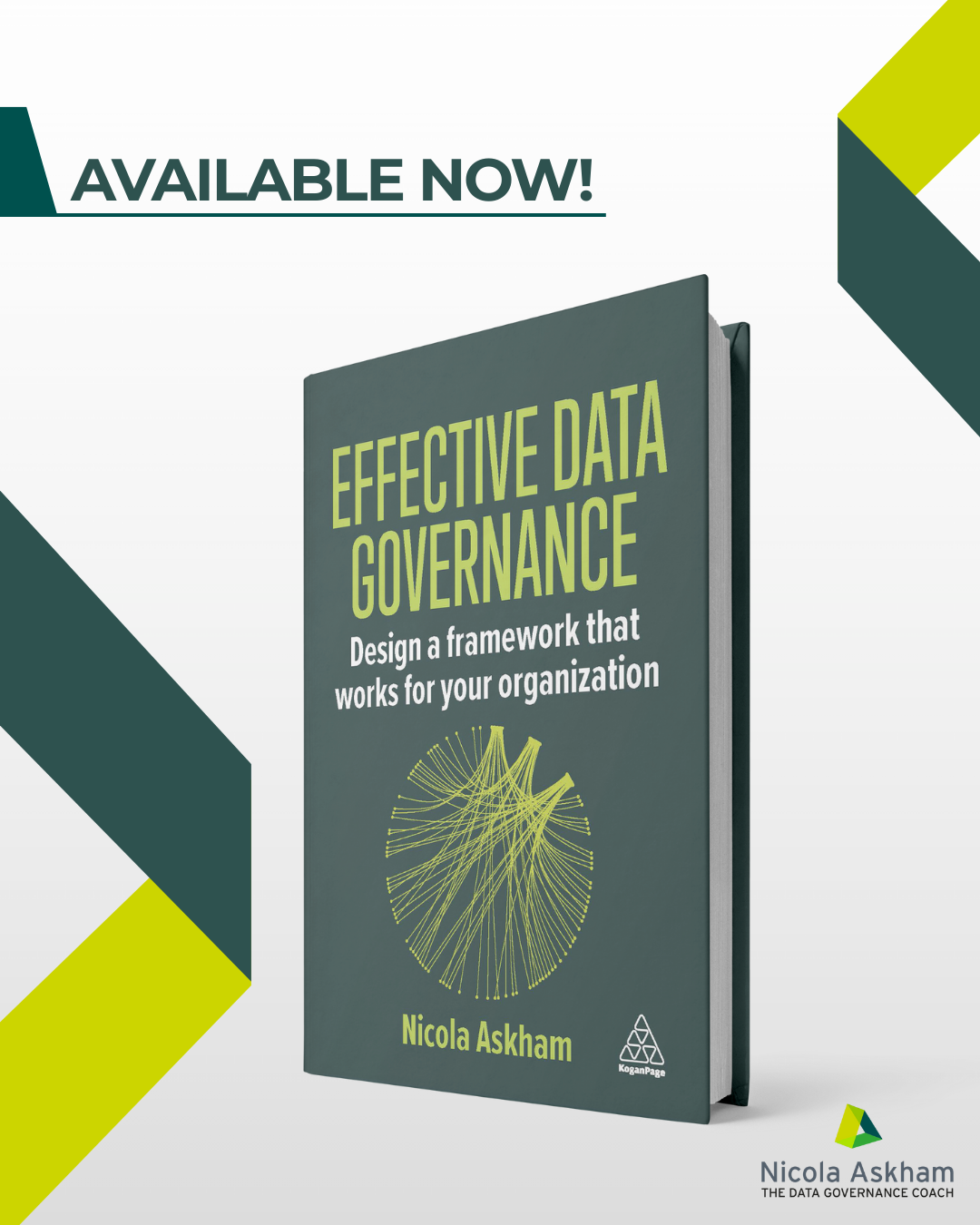Who is Responsible for Drafting Data Definitions?
/Good data definitions are essential. I can’t emphasise enough that without them, you’ll lack clarity and accuracy, and your data will suffer for it. But who should actually be writing them? I’ve written extensively over the years about how to create strong data definitions (read more about that here), but I don’t think I’ve ever really tackled the question of who’s responsible for writing them.
Spoiler: it’s not the Data Governance team!
Who Should Really Be Writing Data Definitions?
I recently heard from a Data Governance Analyst whose team was under pressure to write data definitions for their entire organisation. The business wanted the Data Governance team to take ownership of this task, but from my perspective, this is not the Data Governance team’s job.
The reason is simple: the Data Governance team cannot possibly be experts in every single piece of data that your organisation owns. It’s the business users who know the data best, so they are the ones who should write the definitions.
By all means, the Data Governance team can support the business by providing guidance, advice and training on how to write good definitions. You might run workshops, offer templates, or give feedback, but the actual drafting needs to come from the business. After all, if the business uses the data and relies on it for decision-making, it only makes sense that only they are in the position to define what it means.
The Role of Data Owners and Data Stewards
This is where the roles of Data Owners and Data Stewards become essential.
Data Owners - accountable but not for drafting
Data Owners are senior people in your organisation. They are accountable for a specific set of data, which includes being responsible for reviewing and approving definitions. However, they’re typically too senior and busy to draft definitions themselves.
Data Stewards -drafting the definitions
This is where Data Stewards step in. Drafting data definitions is a key part of their role. They are usually the subject matter experts on that data, and therefore, have the knowledge and expertise to create definitions for the data.
Sometimes, a Data Steward might not have all the answers and will need to work with other business users in their area. That’s perfectly fine, as long as the definitions are drafted by those who truly understand the data.
Good data definitions are the foundation of reliable, usable data but creating them isn’t the job of the Data Governance team alone. While data governance provides the framework, tools, and support, it’s the business, especially Data Stewards and knowledgeable users who must do the heavy lifting.
If your organisation wants meaningful, accurate, and widely accepted data definitions, involve the people who use and understand the data every day. Empower your Data Stewards, support your Data Owners, and let the Data Governance team guide the process - not own it.
That’s how you build definitions that actually work.
If you would like further support with anything Data Governance related in your organisation, you can book a call with me using the button below.









